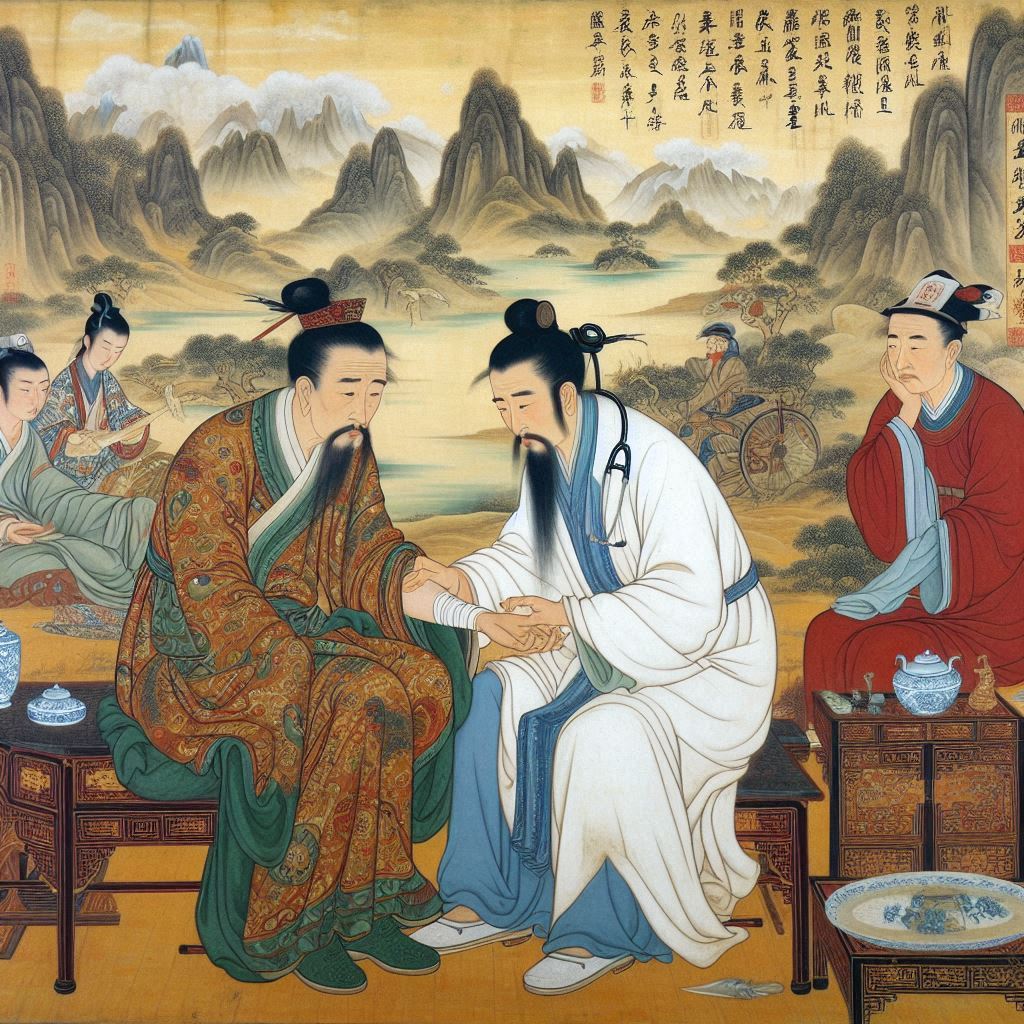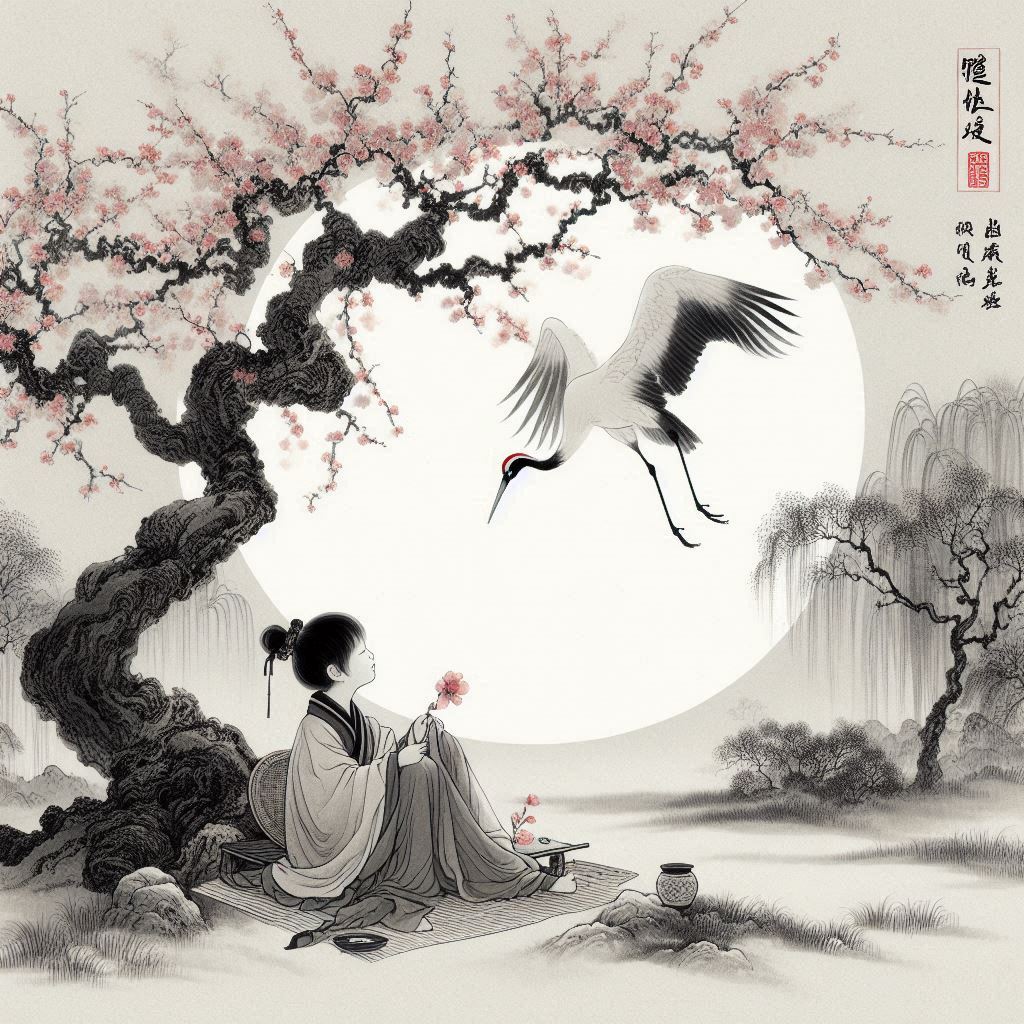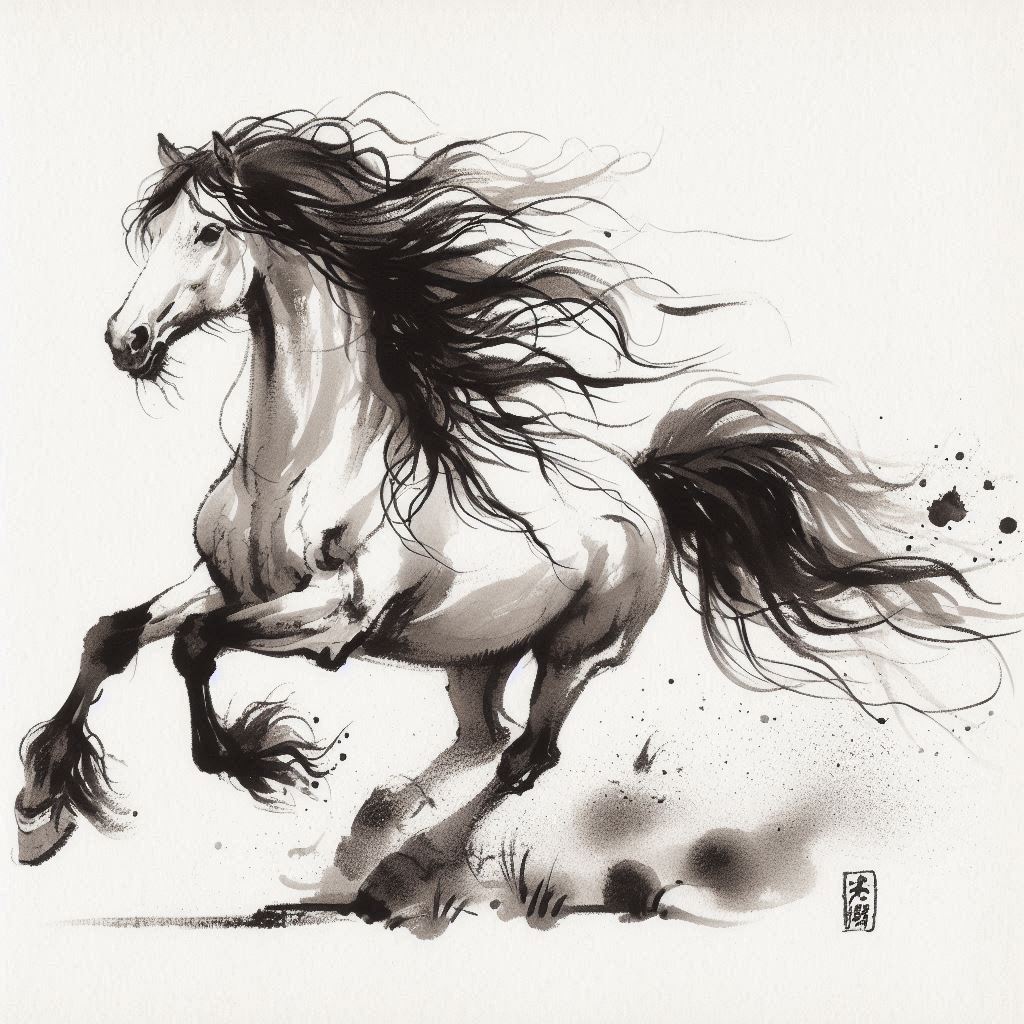
In traditional Chinese medicine worry relates to the Lung. The Lung governs the breathing thus consumed Lung Qi by worry will manifest in breathlessness, shallow or irregular breathing.
The physical sensation of worry resembles “having a knot” in the stomach. Thus worry also relates to the Spleen/Stomach partnership. Long-term worry may cause digestion related problems such as poor digestion, gas, bloating, gastritis, ulcer, etc.
Note: In traditional Chinese medicine the concept of the Spleen largely differs from the understanding of the spleen in Western medicine. In TCM main function of the Spleen is the transformation of food into "food essence". The symptoms of an imbalanced Spleen in TCM point to imbalance in the digestion. So in order to avoid confusion whenever we refer to the Spleen in this project we will think about the collective work of some organs and systems that participate in the digestion rather than solely focus on the organ spleen as defined in Western science.Worry can be counteracted by tonifying both the Lung and the Spleen. To learn more review the materials about the Spleen and the Lung in the Physiology chapter.
Another way to counteract worry is to generate confidence in oneself and the world as a whole.
YS
Maciocia, Giovanni (1989). The Foundations of Chinese Medicine. Edinburgh: Harcourt Publishers Limited Liangyue, D., Yijun, G., Shuhui, H., Xiaoping, J., Yang, L., Rufen, W., Wenjing, W., Xuetai, W., Hengze, X., Xiuling, X., Jiuling, Y. (1987). Chinese acupuncture and moxibustion. Beijing: Foreign Languages Press
Related Articles:
The Seven Emotions - Internal Cause of Disease
The Toxic Effect of Disturbing Emotions and Some Ways to Approach Them









